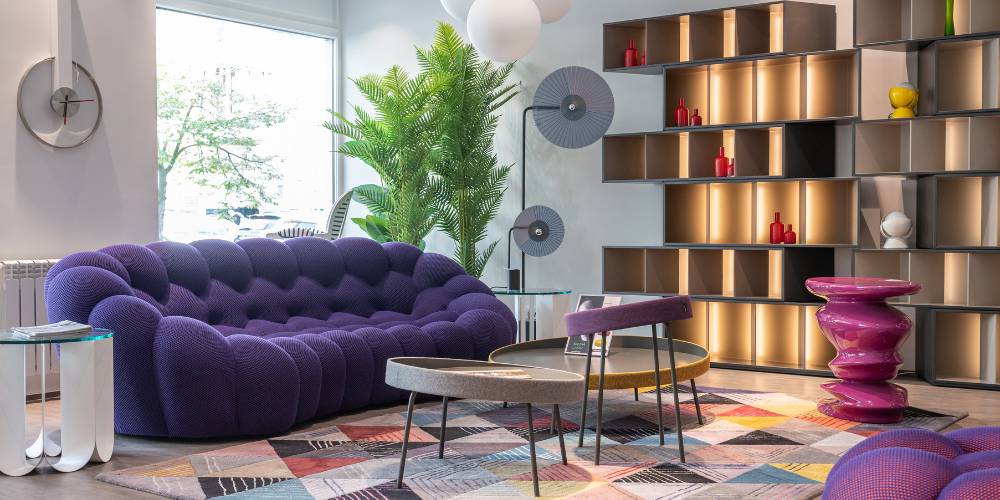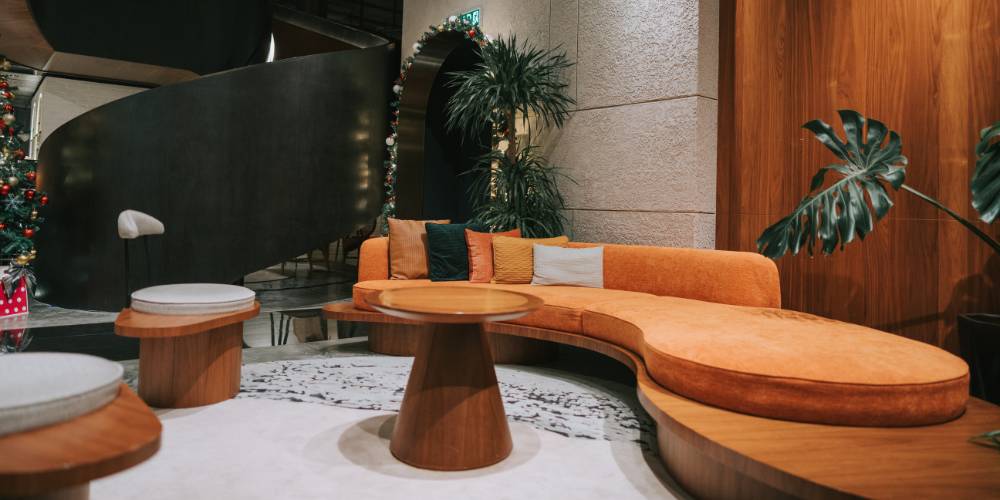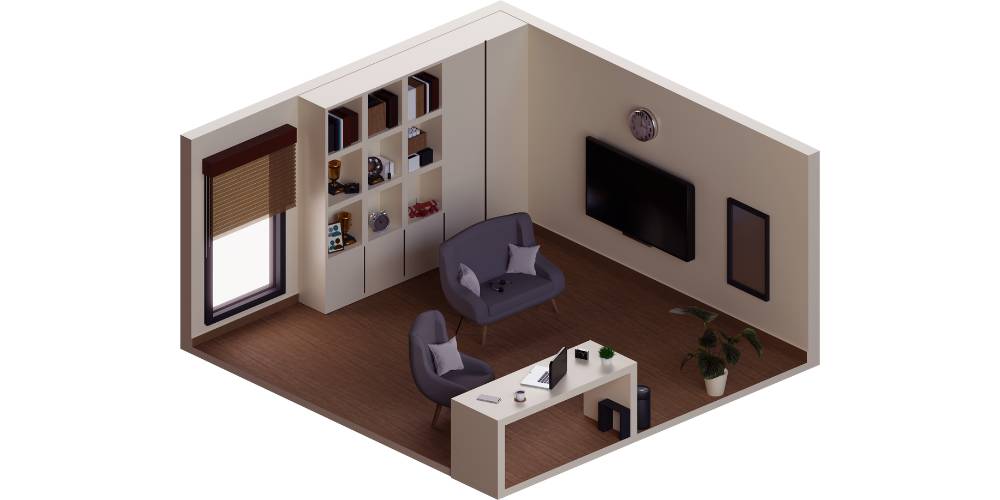Interior design is the art and science of enhancing the function and ambiance of a space. By carefully selecting colors, furniture, and accessories, you can transform any room into a reflection of your personal style and taste.
Key Elements of Interior Design:
Color: Color psychology plays a significant role in interior design. Warm colors (like red, orange, and yellow) can create a sense of energy and excitement, while cool colors (like blue, green, and purple) can promote relaxation and tranquility.
Furniture: Furniture is the foundation of any room. Consider the scale, shape, and style of furniture to create a balanced and visually appealing space.
Lighting: Lighting can dramatically affect the mood and atmosphere of a room. Use a combination of natural light (windows and skylights) and artificial light (overhead fixtures, lamps, and sconces) to achieve the desired effect.
Accessories: Accessories add personality and character to a space. Items like artwork, plants, textiles, and decorative objects can be used to create focal points and complete the overall design.
Texture: Texture adds depth and interest to a room. Incorporate a variety of textures, such as smooth, rough, soft, and hard, to create a visually stimulating environment.

Interior Design Styles:
Minimalist: Clean lines, simple forms, and a neutral color palette are the hallmarks of minimalist design.
Bohemian: Eclectic and free-spirited, bohemian style embraces a mix of patterns, colors, and textures.
Scandinavian: Inspired by Nordic design principles, Scandinavian style is characterized by light-colored wood, clean lines, and cozy textiles.
Industrial: Raw materials, exposed brick, and metal accents are common elements in industrial-style interiors.
Traditional: Classic and timeless, traditional style features elegant furniture, rich fabrics, and ornate details.
Tips for Successful Interior Design:
Start with a clear vision: Determine the overall style and mood you want to achieve for the space.
Create a focal point: Choose a standout feature, such as a fireplace, piece of artwork, or architectural detail, to draw attention.
Maintain balance: Ensure that the elements in the room are balanced in terms of color, size, and placement.
Consider functionality: The space should be both aesthetically pleasing and functional.
Don’t be afraid to experiment: Have fun and try new things to create a unique and personalized space.

By following these guidelines and incorporating your own personal style, you can create a beautiful and inviting interior that reflects your unique taste and personality. To learn more about interior design, click here.


